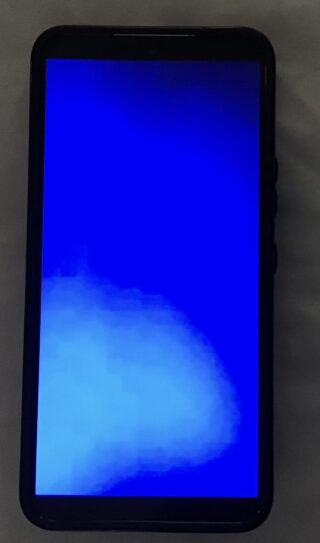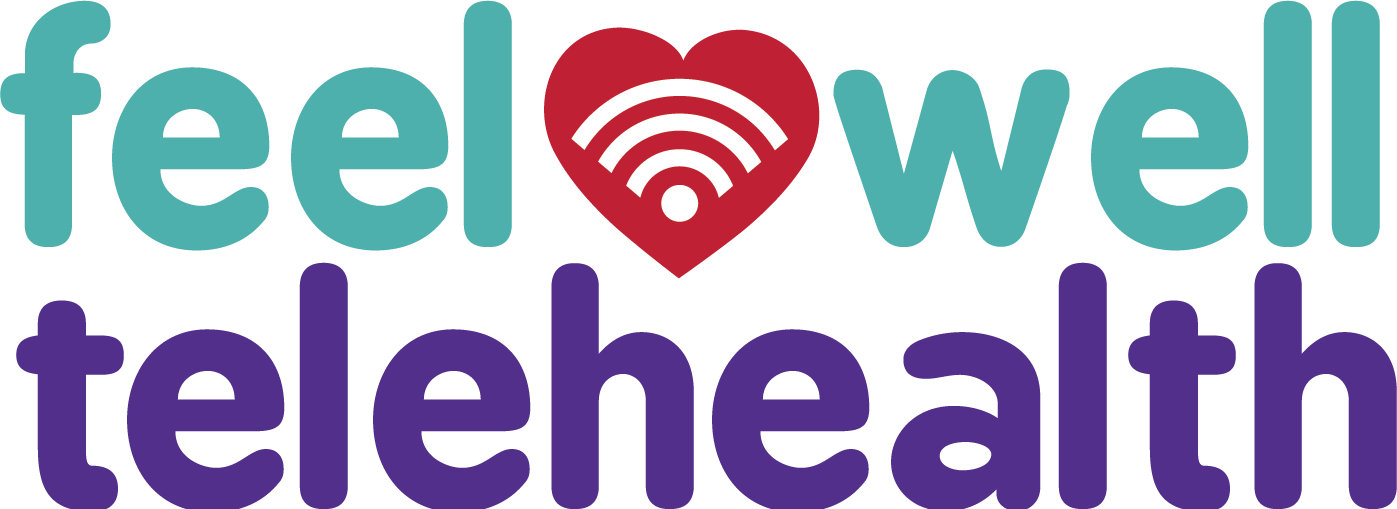Blue lights can be good AND bad for your sleep

Do you wake up groggy? Tired? Do you wonder “Is there a quick fix to help me sleep better?”
Understanding how blue light affects your sleep is key. Maybe not a quick fix, but a few simple changes to your routine can have a big impact on the quality of your sleep. Imagine actually waking up refreshed!
Your biological clock is regulated by the production of hormones. These hormones are produced at various levels in the 24-hour circadian rhythm, and they are affected by blue light exposure.
Sunlight is the main source of blue lights. Try to get at least 15 minutes of sun exposure in the morning, it will improve your sleep at night. On a cloudy day, daylight promotes the same benefit. Just get outdoors. Of course, remember to protect your skin if you are staying out for a while.
Consistent exposure to sunlight in the morning will sync your biological clock. Besides a better sleep at night, you’ll feel more alert and focused during the day.
Melatonin is the main hormone that helps you fall asleep. Exposure to blue lights close to your bedtime, negatively affects your melatonin production. Electronic devices are the main culprit here. Aim to avoid screen time at least one hour before bedtime. Don’t watch TV in your bedroom. Stay away from your phone, tablets, computers, or anything with a screen close to your sleep time. Dimming the lights in your house can help too.
Managing your exposure to blue light is vital to help you get a restful sleep: go for it in the morning and avoid it at night.
New behaviors are easier to establish when they can easily fit into your lifestyle and preferences. Don’t stress out if you can’t follow these guidelines all the time. Trying your best is good enough.
Sweet dreams!


